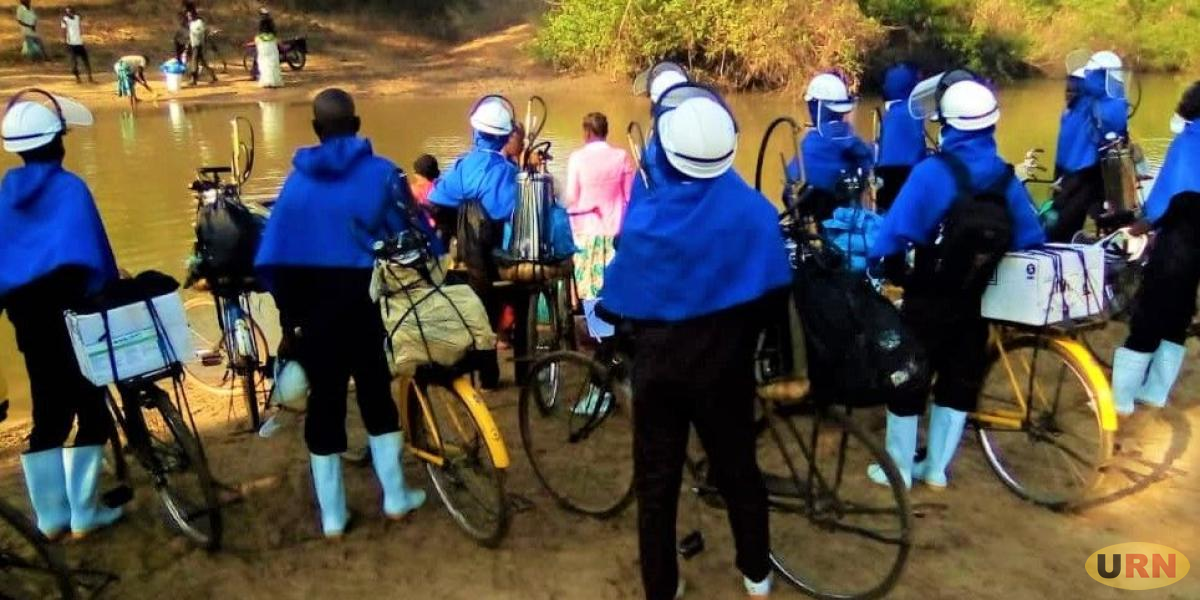The Indoor Residual Spraying (IRS) program in Ewanga Sub County, Madi Okollo district, faces significant challenges due to poor road networks and flash floods, hindering the efforts to reduce malaria in the area.
In November, the district health department, in collaboration with the Ministry of Health, initiated the IRS exercise to combat the high malaria burden. However, the unmotorable roads in the sub-county impede the spray pump operators’ access to households.
Alex Abiribale, the Ewanga sub-county Chief, points out that the Indoor Residual Spraying program is further hampered by floods affecting various households, with Paliri, Lopke, and Awoga villages being the most severely impacted.
Denis Amazi, the acting LCIII Chairperson of Ewanga sub-county, reports that although they have sprayed 2,781 households, the inadequate access roads prevent the operators from reaching their daily target of eight houses.
Joseph Abima, a spray operator, reveals that some households remain unsprayed due to the challenging road conditions. He appeals to the government and district leaders to prioritize improving the road network for effective service delivery.
The IRS program involves spraying dwellings and surfaces with chemicals to eliminate mosquitoes, which contribute significantly to malaria transmission.
Malaria remains a major health concern in Madi Okollo district, accounting for 58.4% of Out Patients Department (OPD) cases and 38.5% of In Patient Admission, according to the district health department.

